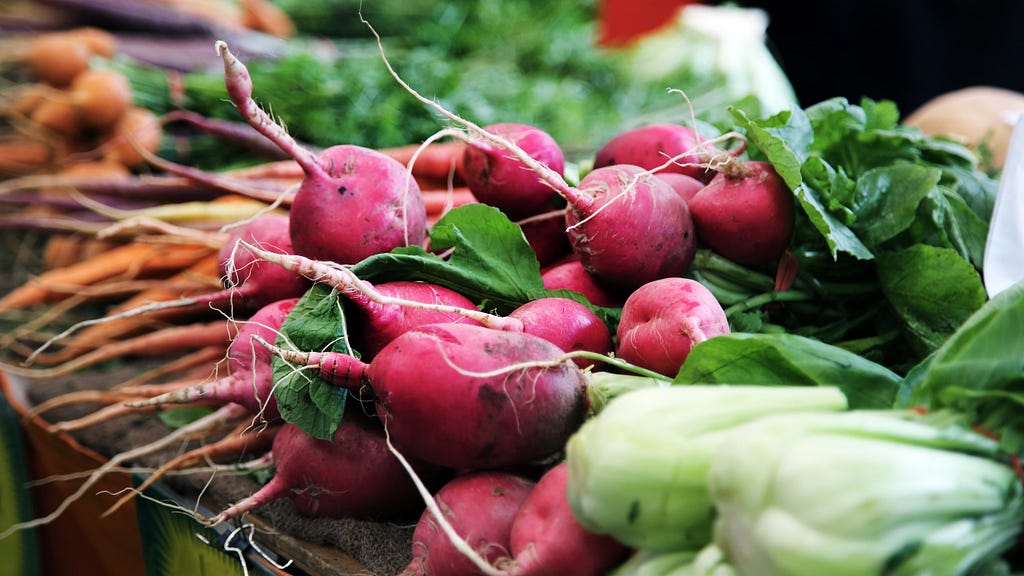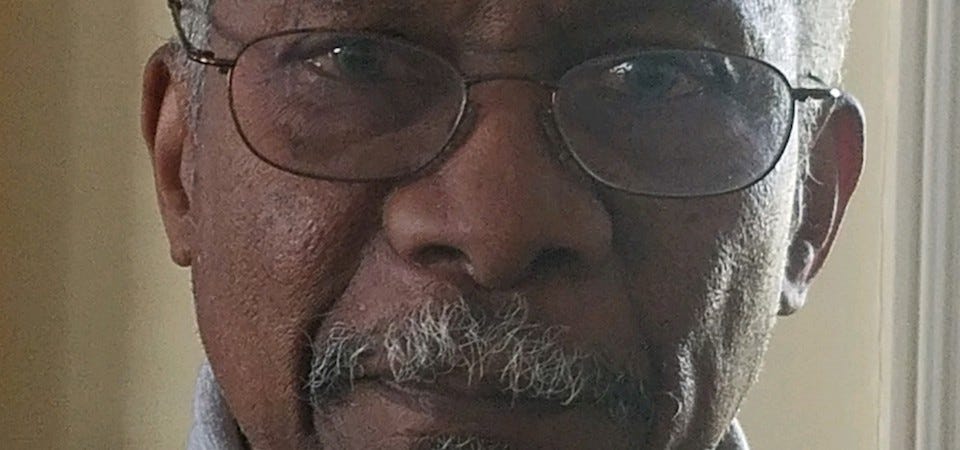How Corbin Hill Food Project Strives to Grow Land Justice

Dennis Derryck is the president and founder of Corbin Hill Food Project, which distributes local, farm fresh food to New York City communities that “need it most.” Corbin Hill is in the process of transferring ownership of its 95-acre farm to the community it serves, reflecting its belief that there can be no food justice without land justice.
Derryck is the founding chair of WE ACT for Environmental Justice and continues to serve on its board and is one of the founding members of the Northeast Farmers of Color network (NEFOC).
He views himself as a practitioner who challenges himself in generating and linking theory through practice and practice through theory. His most recently published article, with Nevin Cohen, “Corbin Hill Road Farm Share: a hybrid food value chain in practice,” appeared in the Journal of Agriculture, Food Systems and Community Development.
Derryck has a bachelor’s degree in mathematics from Manhattan College, and a master’s degree and doctorate in education supervision and administration from Fordham University. He also is professor emeritus at Milano School of Policy, Management, and Environment.
LIFT Economy is part of the community of businesses that have used a third-party verification of their impact. Use the free B Impact Assessment to evaluate your company’s impact on all stakeholders, including the environment, your workers, your community and your customers.

Here are a few highlights from the interview with Derryck:
- How, at age 9 in Trinidad, he was inspired by a live performance from Paul Robeson and began his lifetime interest in social, racial, ecological, and economic justice.
- The origin story of Corbin Hill Food Project — started by a majority BIPOC and women founders — and how it has leveraged food access as an entry point to land and wealth transformation.
- Why Corbin Hill Food Project declined to accept $350,000 grant from the state to support farmers and ranchers so that the organization could continue to prioritize the interests of people it intended to serve — low-income communities in New York.
- Why it’s important to think of the people companies serve as economic citizens rather than merely “consumers.”
- The low number of Black and Latinx farmers in New York state, which highlights the point that these communities own little relative to their white neighbors. Corbin Hill Food Project is embarking on a new phase with its 90 acres of land to begin transforming this racialized economic inequity.
LIFT Economy is an impact consulting firm with a mission is to create, model, and share a locally self-reliant economy that works for the benefit of all life.
B the Change gathers and shares the voices from within the movement of people using business as a force for good and the community of Certified B Corporations. The opinions expressed do not necessarily reflect those of the nonprofit B Lab.

Building Wealth and Ownership for New York’s Marginalized Communities was originally published in B the Change on Medium, where people are continuing the conversation by highlighting and responding to this story.